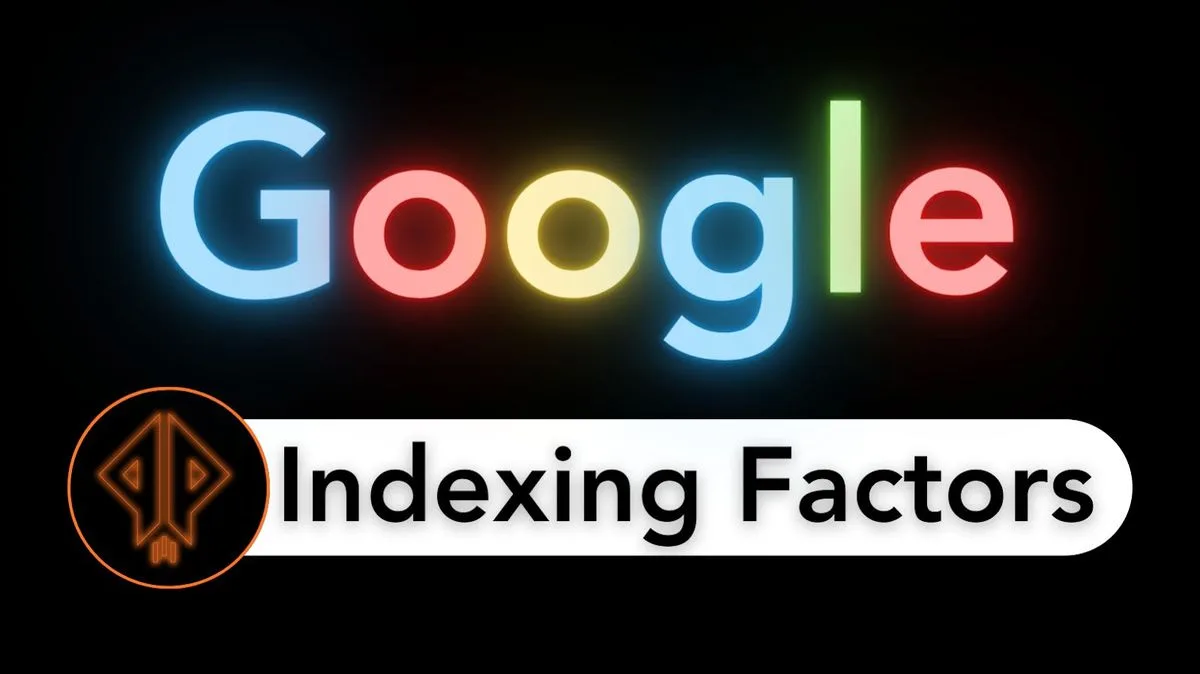- Home
- Latest News
- Update Google Indexing Issues Resolves

Update Google Indexing Issues Resolves
In a significant move for digital marketers and website owners, Google has announced that it has resolved recent indexing issues that affected search rankings across various sites. This update was closely watched by the SEO community. Now that we’ve addressed the problem, it’s important to understand how it impacts your SEO strategy moving forward.
Google indexing problems began earlier this year, leading to delays in content being indexed or appearing in search results. This disruption caused some websites to see fluctuations in their search rankings, with new content or updates not showing up as expected. Some users also reported that Googlebot was not able to crawl all of their website’s pages, affecting visibility in the search engine results pages (SERPs).
The issues were caused by an internal technical malfunction within Google’s systems. Google quickly acknowledged the problem and engineers worked diligently to resolve it. As of the latest update, the issues have been fully addressed, restoring normal crawling and indexing speed.
What Does This Mean for SEO?
Now that the indexing issues have been resolved, it’s time to recalibrate your SEO strategy to ensure that your site is fully optimized and ready to capitalize on any positive changes in your search visibility. Here are some key takeaways:
1. Content Indexing Will Return to Normal
One of the most significant impacts of the indexing issues was the delay in new content being indexed. For websites with frequent content updates, this led to frustration as pages would often take longer to appear in search results. With the resolution of the issue, you can expect more timely indexing of fresh content.
SEO Action Tip: Continue publishing high-quality, original content. If you notice that your pages still aren’t being indexed promptly, you can submit a sitemap via Google Search Console to speed up the process.
2. Ranking Fluctuations May Settle
During the disruption, rankings fluctuated as Google struggled to index new or updated pages. Now that indexing has stabilized, ranking positions for previously affected pages should return to normal. However, there may still be minor fluctuations as Google reprocesses older pages that were previously affected by the issue.
SEO Action Tip: Monitor your rankings regularly through Google Search Console or other ranking tools. Make sure that your content is optimized to recover any lost rankings and stay on top of SEO best practices.
3. Crawl Budget Optimization
Google’s crawl budget refers to the number of pages Googlebot crawls on your site within a given timeframe. If your website has many pages but Googlebot was unable to crawl them due to indexing issues, it may take some time for all pages to be re-crawled and indexed.
SEO Action Tip: Optimize your crawl budget by ensuring your site’s internal linking structure is sound, and that you’re prioritizing high-value pages for Googlebot to crawl first. Using Google Search Console to submit URL requests for important pages can also help.
4. Ensure Your Site is Googlebot-Friendly
The resolution of indexing issues underscores the importance of having a site structure and content that is accessible to Googlebot. If there were crawling issues during the downtime, now’s a good time to run an audit of your site’s technical SEO to ensure there are no barriers preventing Googlebot from crawling and indexing your pages.
SEO Action Tip: Run a comprehensive technical SEO audit using tools like Screaming Frog or Sitebulb to identify any issues with site speed, mobile usability, or crawl errors that could hinder your site’s indexing and overall SEO performance.
With the indexing issues behind us, now is the time to get back to refining your SEO strategy and taking full advantage of the opportunities Google offers for ranking visibility. While there may be some residual fluctuations in the coming days, there is no better moment than now to double down on solid, sustainable SEO practices. By focusing on content quality, technical optimization, and user experience, your website can not only recover from any previous setbacks but also emerge stronger in the long term.